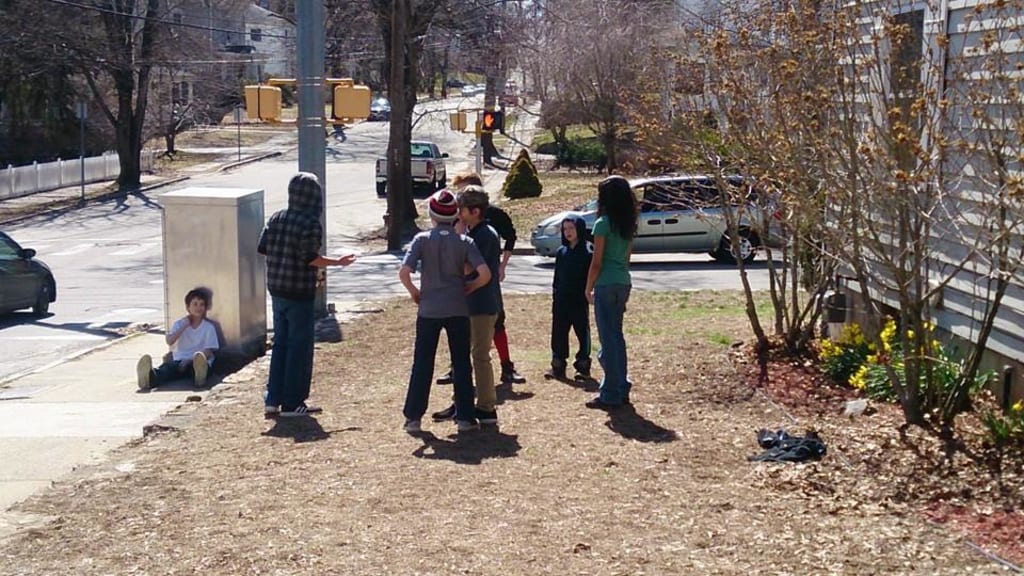Friendship and Autism
Understanding High Functioning Autism, From the Heart of an Autism Mom, Part 1

So, I will be doing a series of articles, about the struggles of those of us with High Functioning Autism. I really want to encourage you to share, to grow the awareness, and promote acceptance. As my first blog article stated, I am as Aspie. (See the link at the end) My son, who is 15 years old, is also HFA. He is my inspiration for what I am writing today, though I see a lot of it in myself, as well.
Today, I want to share an issue that plagues so many HFA children, teens, and adults. Friendships. Everyone wants a friend, right? Especially our teenagers. It is a rite of passage, and a way to feel validated. I am going to use my favorite and most affectionate term, Aspie, as I write.
Unfortunately, for many tweens and teens on the spectrum, making friends is difficult. Holding onto those friends is even more so. Let me explain, with just a few examples.
Aspies are not always obvious. They appear to be normal, from a distance. Sometimes, they appear simply stuck up, or overly shy. Eventually, a kind souled person, usually someone who is also on the outside of polite society, sometimes a person who simply feels empathetic, will make a connection, and start a friendship. Typically, a shared fascination or hobby bonds them.
The connection means the world to an Aspie. Some might not say it, or show it, while others may do so in an almost overwhelming and smothering way. A few of those connections end, at this point.
Others move forward. Unfortunately, problems inevitably arise.
Aspies get zoned in on a particular topic, say, video games, and they forget that the other person does not share such a locked fixation. They have other interests, they would like to share, but the Aspie does not “see” that.
Then there are other Aspies that don’t talk much at all. The friend tries to make conversation, but gets uh-huh, and maybe grunts, and that is all. This can stem from discomfort on the Aspie’s part, or just the inability to find the words to make small talk.
Another Aspie trait, that can be taken wrong by his friends, is the inability to use sarcasm appropriately, or at appropriate times. Oh, many times, I have had my own son, throw out some sarcasm at inappropriate times. Conversations can be very interesting, with my Aspie.
On the other side of sarcasm, the receiving end, a lot of Aspies don’t understand it and take offense. Then, of course, you have an argument. The friend doesn’t understand what just happened, and will sometimes back away, for a time.
Of course, then you have the Social Anxiety angle. A lot of Aspie’s are just not comfortable going out, whether it be a party, the mall, the park, wherever. There are sounds, sights, smells and feelings that cause discomfort. If an Aspie does go out, and they have a panic attack, it is hard for them to recover, quickly. So, they choose to limit outside excursions as much as possible. Friends? They don’t always understand this.
So, eventually, those friendships start to strain under the differences the kids have. Typically, the friend will start spending more time with other kids, and less time with his Aspie friend. Eventually, the friendship comes to an end, leaving the Aspie feeling completely worthless and lost, wondering why they are not liked. In most cases, in my son’s case, they bury themselves into their favorite hobby; gaming, YouTube, whatever it is they are currently fixated on.
Knowing this, and experiencing it first hand, I offer this advice:
If you or your child have a friend that is a little different, or you see a child all alone, be kind, and consider that they may be an Aspie. Think about how you could help them feel comfortable, and try to understand who they are. Once they trust you, you will see a small change, and once you understand their ways, you will see that they are an extremely fun, and valuable friend. Maybe the best friend you will ever know in your lifetime.
God Bless you!
**For more information about how I came to terms with my Aspieness, check out this article.
About the Creator
Jenna Logan
Christian, ASD mom, and Published Author.
Jesus, my son, and Autism are my life's passions.
Contact me at [email protected]






Comments
There are no comments for this story
Be the first to respond and start the conversation.